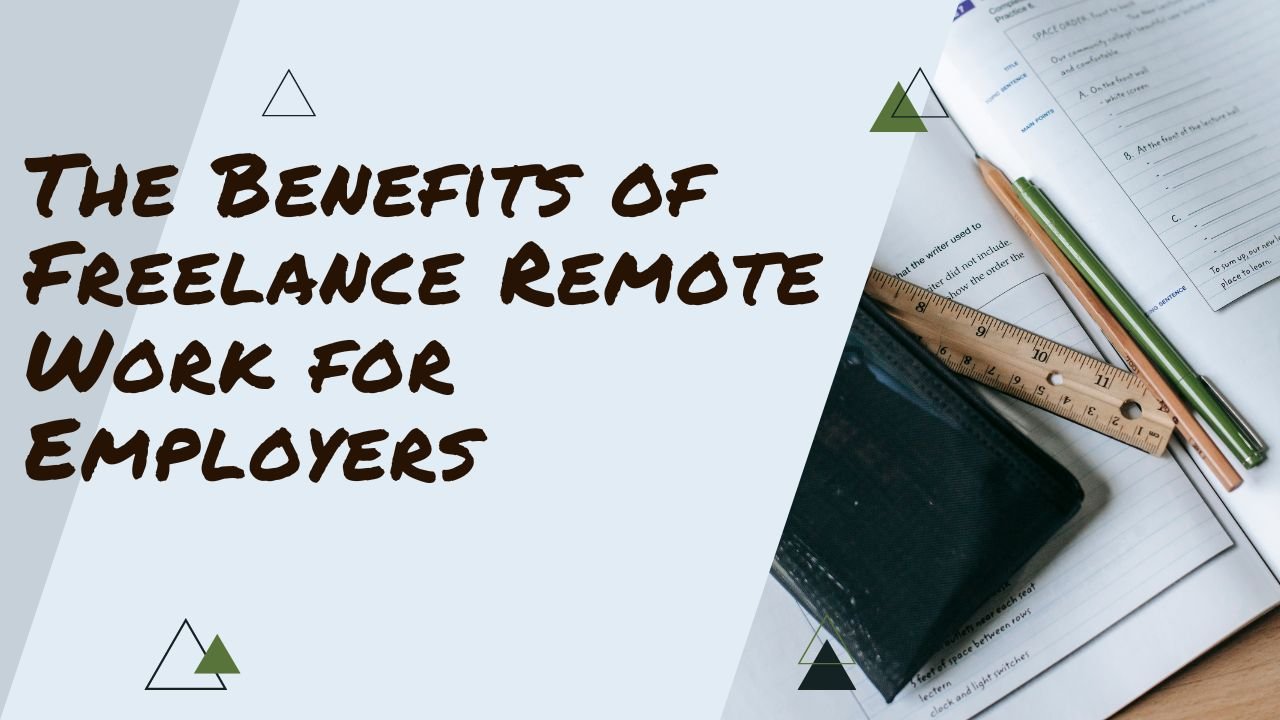The legal industry is a dynamic and diverse field that offers various opportunities for professionals with different skills, backgrounds, and interests. However, working in the legal industry can also be demanding, stressful, and competitive. For some legal professionals, looking beyond the traditional law firm model makes sense at this moment. This is sparking a new trend in the prevalence of freelance legal professionals.
Freelancing in the legal industry is the practice of providing professional services to clients on a project basis or as an independent contractor. Freelance legal professionals work with clients to handle various legal tasks, such as research, writing, drafting, reviewing, consulting, etc.
Freelancing in the legal industry can be a rewarding and challenging career for legal professionals who want to leverage their expertise and experience in a flexible and autonomous way. Freelancing in the legal industry can also offer many benefits for legal professionals who want to:
- Flexibility: working on their own terms and choosing their own hours, rates, and clients.
- Creativity: working on diverse and interesting projects that require innovation and problem-solving skills.
- Growth: working on challenging and rewarding projects that help them improve their skills and portfolio.
How to Become a Freelance Legal Professional
If you are interested in becoming a freelance legal professional, here are some steps to follow:
1. Choose your niche and target market
As a freelance legal professional, you need to have a clear idea of what kind of services you want to offer and what kind of clients you want to work with. You can choose to specialize in a specific area of law or offer general legal services. You can also choose to work with a specific type of client or offer your services to anyone who needs them. Some examples of niches and target markets are:
- Corporate law: helping clients with various business-related matters, such as contracts, mergers and acquisitions, compliance, etc.
- Intellectual property law: helping clients with various matters related to patents, trademarks, copyrights, etc.
- Family law: helping clients with various matters related to divorce, custody, adoption, etc.
- Criminal law: helping clients with various matters related to criminal defense, prosecution, etc.
- Immigration law: helping clients with various matters related to visas, citizenship, asylum, etc.
2. Get trained and licensed
While there are no formal requirements to become a freelance legal professional, getting trained and licensed can help you gain credibility, knowledge, and skills. There are many training programs and courses available online or offline that can teach you the fundamentals of law and legal practice. You can also get licensed by passing the bar exam or obtaining a certificate from a reputable organization.
3. Build your brand and portfolio
As a freelance legal professional, you need to have a strong brand and portfolio that showcase your skills, experience, and personality. You need to have a professional website that includes your bio, services, portfolio, testimonials, contact details, etc. You also need to have a portfolio that includes your previous projects or samples that demonstrate your abilities and results. You can also create a blog or a podcast where you share your insights and tips on legal topics.
4. Market your services and find clients
As a freelance legal professional, you need to market your services and find clients who are willing to pay for them. You can use various strategies and channels to promote your services and attract potential clients. Some examples are:
- Networking: attending events or joining communities where you can meet people who might be interested in your services or refer you to others.
- Social media: creating profiles on platforms like LinkedIn or Twitter where you can share your content and connect with your audience.
- Online platforms: using platforms like Upwork or Freelancer.com where you can find freelance legal jobs posted by clients from all over the world.
- Referrals: asking your existing or past clients to recommend you to their friends or colleagues who might need your services.
5. Deliver quality work and maintain relationships
- Communicate effectively: communicating clearly and regularly with your clients, setting expectations, providing feedback, etc.
- Deliver on time and on budget: delivering your work according to the agreed timeline and budget, meeting deadlines, and avoiding scope creep.
- Provide value and results: providing value and results to your clients, helping them solve their legal problems or achieve their goals.
- Follow up and follow through: following up and following through with your clients, asking for feedback, testimonials, or referrals, and offering ongoing support or additional services.
Conclusion
Freelancing in the legal industry is a career option for legal professionals who want to work independently and have more control over their time, income, and clients. Freelancing in the legal industry can also be a rewarding and challenging career for legal professionals who want to leverage their expertise and experience in a flexible and autonomous way. By following the steps above, you can become a freelance legal professional and explore the opportunities and best practices of freelancing in the legal industry.




